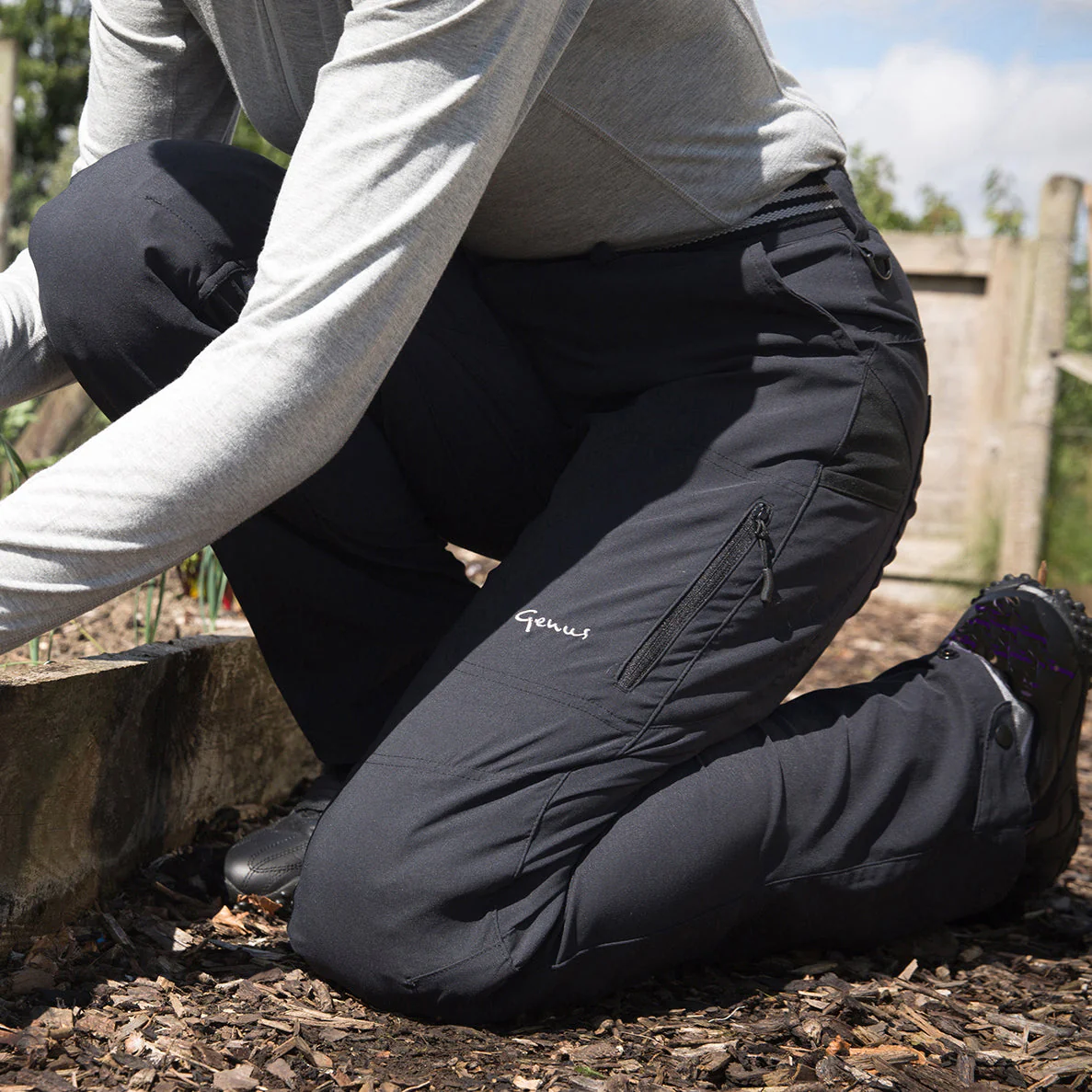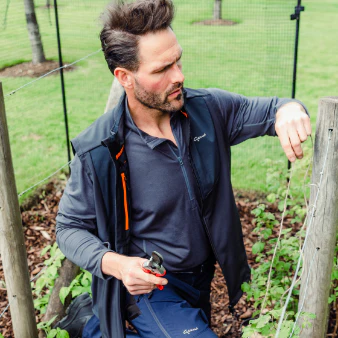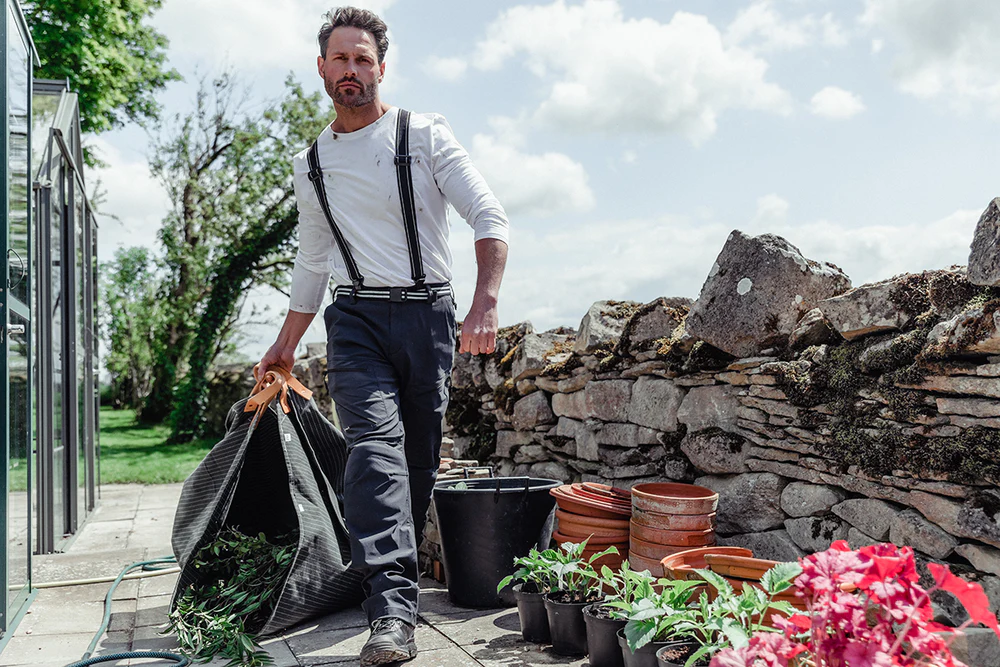Body, soul and gardening - the no dig method

Leaving your soil undisturbed not only saves you time and energy, but benefits the soil and creates healthier plants…so it’s a win, win.
You simply cover your bed with a thick layer of organic matter or mulch, such as garden compost, well-rotted animal manure or leaf mould. Then soil organisms such as earthworms gradually break it down, helping to create a healthy soil structure with plenty of pockets and tunnels for air and moisture. It’s also full of beneficial organisms, microbes and fungi which help plant roots access nutrients and moisture.
This in turn results in faster-growing, healthy plants with lots of fresh green growth that are full of nutrients, which benefits the gardener by feeding his/her gut biome.
In trials, vegetables grown with the no dig method produce a more generous harvest.
And the best bit is it’s a lot less labour-intensive than digging organic matter into the soil. This is particularly the case if you have new patch of land to cultivate. For this, Charles Dowding, the expert on this form of gardening, suggests covering it with cardboard and a very thick (10cm) layer of mulch and you can get planting straight away. You’ll also find you have to weed less with this method, as the oxygen deprived weed seeds stay dormant saving time and freeing you up for more creative and relaxing aspects of gardening.
Finally, the no dig method preserves the carbon in the soil, rather than releasing it into the atmosphere. So, it really is the way forward!











